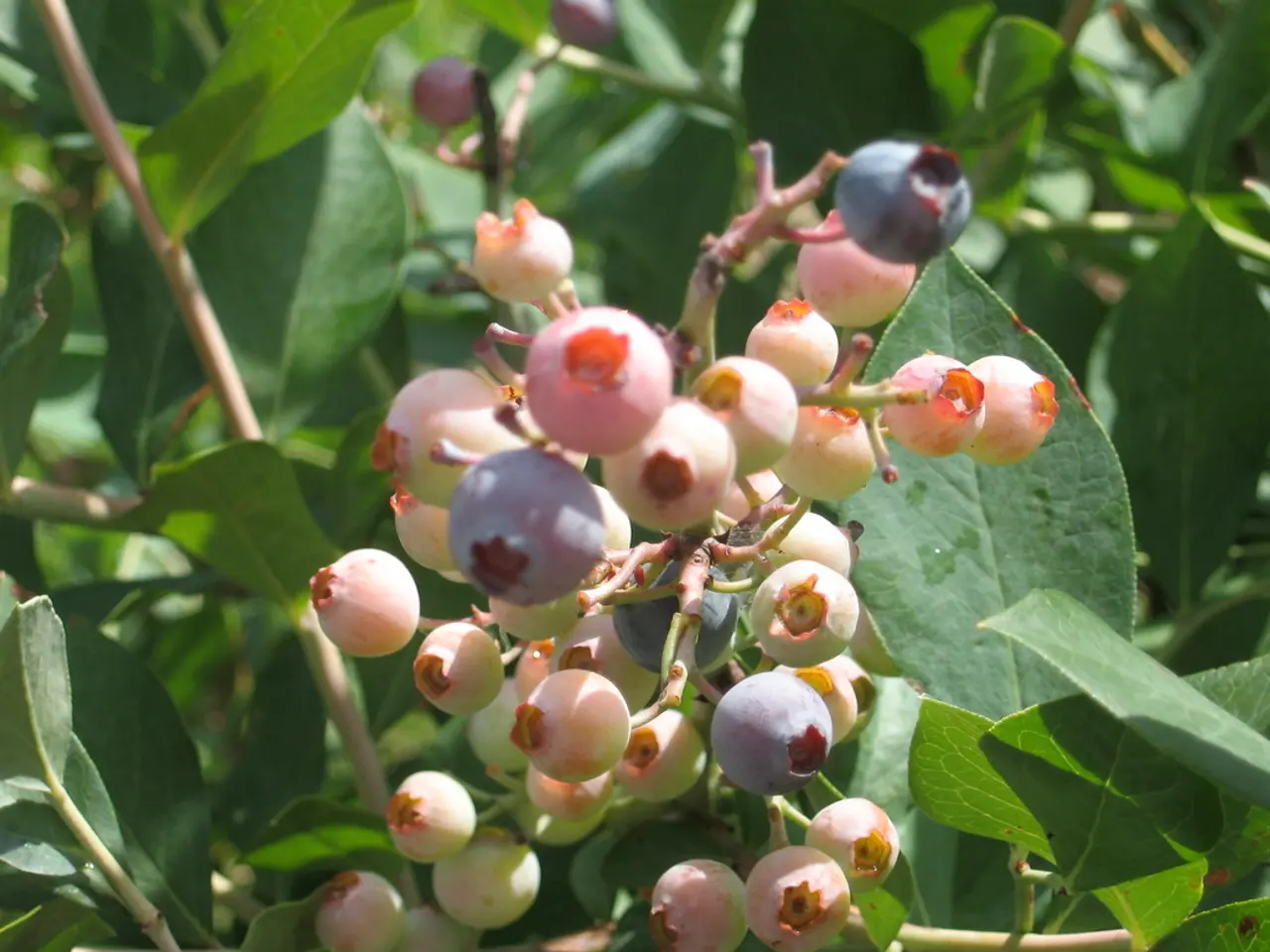Strategies derived from nature to lessen feelings of anxiety and stress:
In the pursuit of finding effective ways to manage anxiety, natural remedies are increasingly being recognised as valuable complements to traditional treatments. These remedies, which include lifestyle changes, herbal supplements, and mindfulness practices, can help individuals cope better with the symptoms of anxiety and reduce stress in their lives.
Anxiety, characterised by symptoms such as nervousness, agitation, tension, a racing heart, and chest pain, can worsen if left untreated. However, it is highly treatable with a combination of therapy, natural remedies, lifestyle changes, and medications.
One such natural approach is mindfulness meditation, which involves focusing on the present moment to calm the mind and reduce worry. Regular practice (10–20 minutes per day) can improve emotional regulation and lower anxiety levels. Breathing exercises, such as box breathing, diaphragmatic breathing, and alternate nostril breathing, are also beneficial. These techniques activate the parasympathetic nervous system, lowering heart rate and anxiety.
Herbal remedies like ashwagandha, chamomile, lavender, passionflower, and certain B-vitamins, magnesium, omega-3 fatty acids, and fermented foods can support mood balance and reduce anxiety. For instance, lavender has been shown to reduce anxiety levels, while chamomile may alter cortisol levels, a stress hormone, potentially helping with anxiety.
However, it is essential to consider potential interactions with medication when using herbal or dietary supplements. Many natural remedies, particularly adaptogens like ashwagandha, can interact with prescription medications. Therefore, it is crucial to consult a healthcare provider before combining natural remedies with pharmaceutical treatments.
Exercise, particularly high-intensity exercise, can also help reduce anxiety symptoms. Pets, such as dogs, cats, and even non-furry animals, can provide benefits to people with anxiety, as confirmed by research.
Natural remedies for anxiety, such as exercise, meditation, relaxation exercises, journaling, time management strategies, aromatherapy, and Cannabidiol (CBD) oil, are generally safe to use alongside more conventional medical therapies. However, it is essential to consult a doctor before trying these solutions. A person may need to try several combinations of therapies and remedies before finding one that works; a doctor can help determine which options are best.
Therapy is a popular form of treatment for chronic anxiety with no underlying medical condition. Cognitive behavioral therapy (CBT) is an effective therapy for anxiety, helping a person understand how their thoughts affect their emotions and behaviour, and replacing negative reactions with positive alternatives.
In summary, natural remedies can be effective complements to conventional anxiety treatments but must be integrated thoughtfully with professional guidance to avoid adverse interactions and ensure safety and efficacy. It is essential to discuss any supplements or herbal treatments with your healthcare provider, especially if you are on prescribed medications for anxiety, depression, or other health conditions.
- In addition to therapy and medications, anxiety can be managed with natural remedies like aromatherapy, using products containing substances such as lavender, known to reduce anxiety levels.
- Multiple sclerosis (MS) and non-small cell lung cancer (NSCLC) are health issues that may require medical attention, but it's worth noting that anxiety can also co-occur with these conditions, necessitating additional management strategies.
- An interesting area of research is the potential use of CBD oil in managing anxiety symptoms. CBD, a natural product derived from the cannabis plant, might offer emotional and mental health benefits.
- Predictive science suggests that diabetes, a chronic health condition affecting millions worldwide, could increase the likelihood of anxiety as well, highlighting the importance of holistic health-and-wellness approaches.
- Aromatherapy is a popular form of natural remedy, employing essential oils extracted from plants like lavender and rosemary to promote relaxation and stress reduction.
- In the context of anxiety management, multiple natural approaches are available, such as exercise, pet therapy, and mindfulness practices like yoga or meditation, which aim to foster emotional resilience.
- Certain herbal products like St. John's Wort and lemon balm have traditionally been used to treat anxiety and depression, but their effectiveness and safety can vary between individuals and may require careful consultation with healthcare providers.
- Science has yet to provide a definitive answer regarding the efficacy of natural remedies in managing anxiety, making it crucial to approach these approaches with an open mind while maintaining communication with healthcare providers for guidance and safety.
- While anxiety management often focuses on reducing symptoms related to stress and emotional disturbance, it's worth acknowledging that underlying physical health concerns, such as multiple sclerosis or diabetes, may also contribute to or exacerbate anxiety symptoms in some people.




![Drone Prices Examined: A Comprehensive Guide [Updated for 2025]](/en/content/images/size/w1280/format/webp/20250725154215_drones-by-type-and.jpeg)